Sudan’s media in ruins as war silences the airwaves
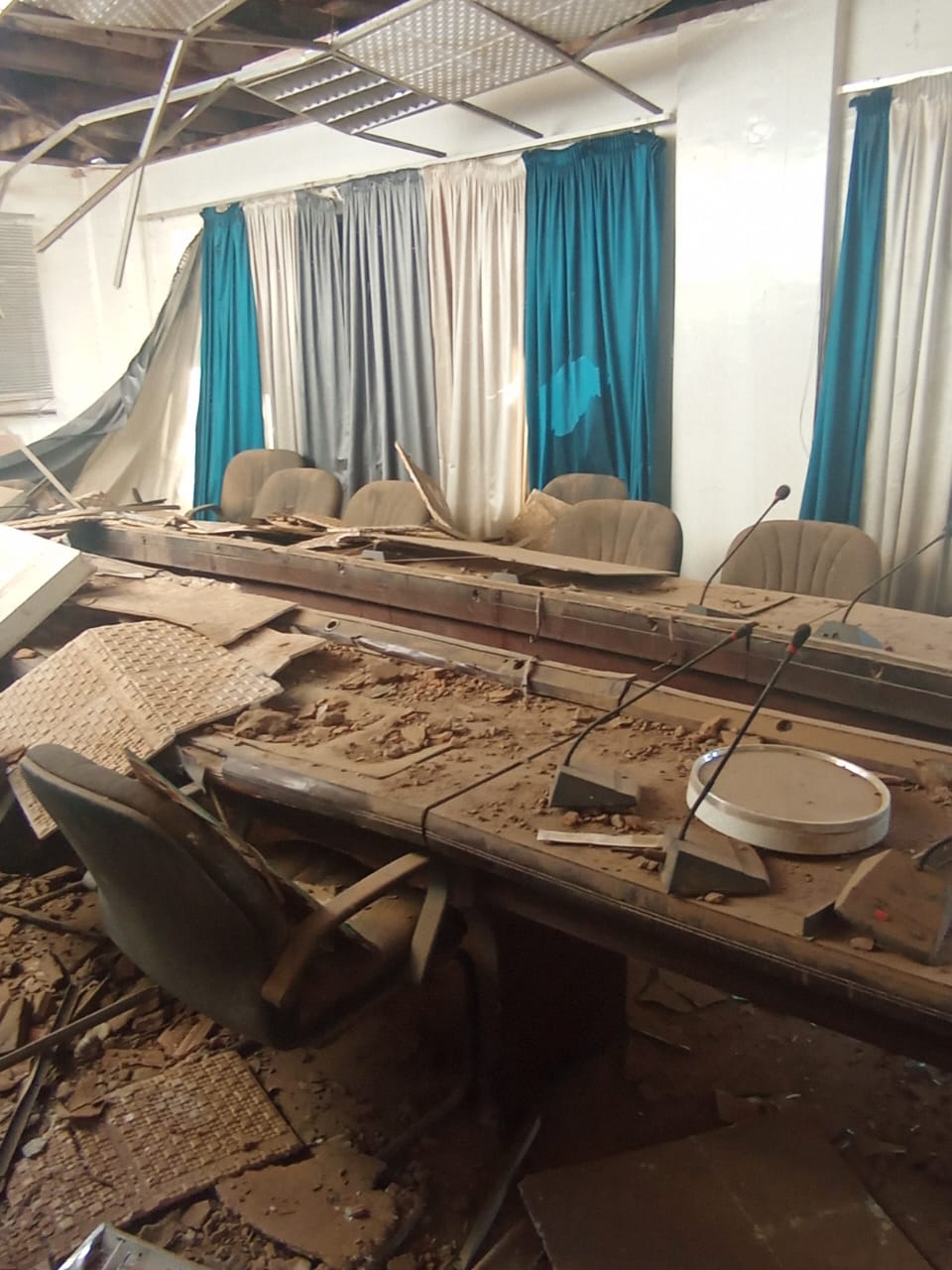
One of the studios of the Article Centre for Training and Media Production in Khartoum after being destroyed in military operations (Photo: RD/supplied)
Two years into Sudan’s devastating civil war, the country’s media landscape lies in ruins. Institutions once alive with voices, ideas and community now stand gutted, their broadcasts silenced, their archives lost.
In Khartoum, the destruction is plain to see. Once the centre of Sudanese journalism, the capital is now home to hollowed-out offices and shattered studios. The only exception is the national radio and television building, seized by the paramilitary Rapid Support Forces due to its strategic and symbolic importance. The rest have been stripped bare, reduced to silent shells that echo the collapse of a once vibrant press.
Now that the Sudanese Armed Forces have regained parts of the city, the extent of the damage to the country’s media institutions is coming into focus.
The scenes are grim. Equipment stolen or burned. Archives erased. Broadcast towers flattened. Journalists, long the custodians of truth, have become casualties of a conflict that has scorched even the voice of the people.
Hala 96 FM
“Hala Radio was the pulse of the Sudanese youth,” Yasser Abu Shamla, director of the station, told Radio Dabanga, as he viewed images of its wrecked headquarters for the first time. “The loss is searing and painful.”
Before the war, Hala 96 FM stood as one of Sudan’s most popular stations, powered by state-of-the-art digital infrastructure.
Its studios buzzed with activity, equipped with professional sound mixers, high-capacity servers, rare audio libraries and a software archive chronicling modern Sudanese culture.
“All of it,” said Abu Shamla, “was lost to flames and looting.” He confirmed that the station’s main transmitter, audio and video podcast systems, computer network and countless devices were either destroyed or stolen.
Initial estimates place the financial loss at more than 350,000 US dollars.“But it was more than money,” he added. “It was our voice, our presence in the lives of thousands. Now, there is only silence.”




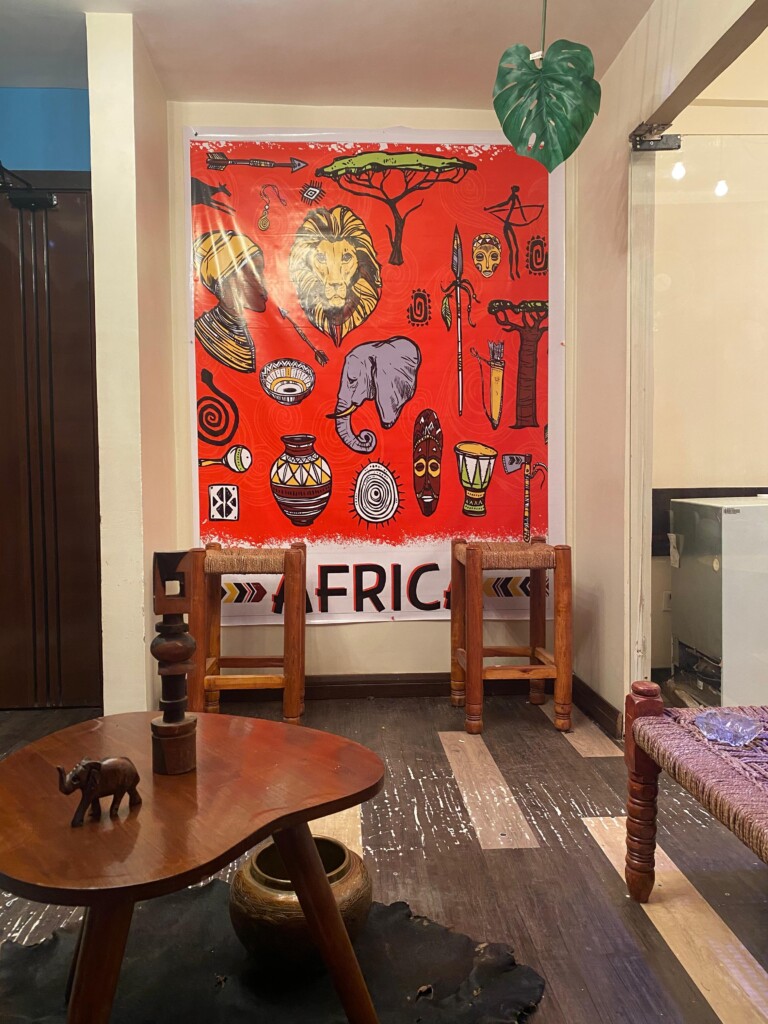
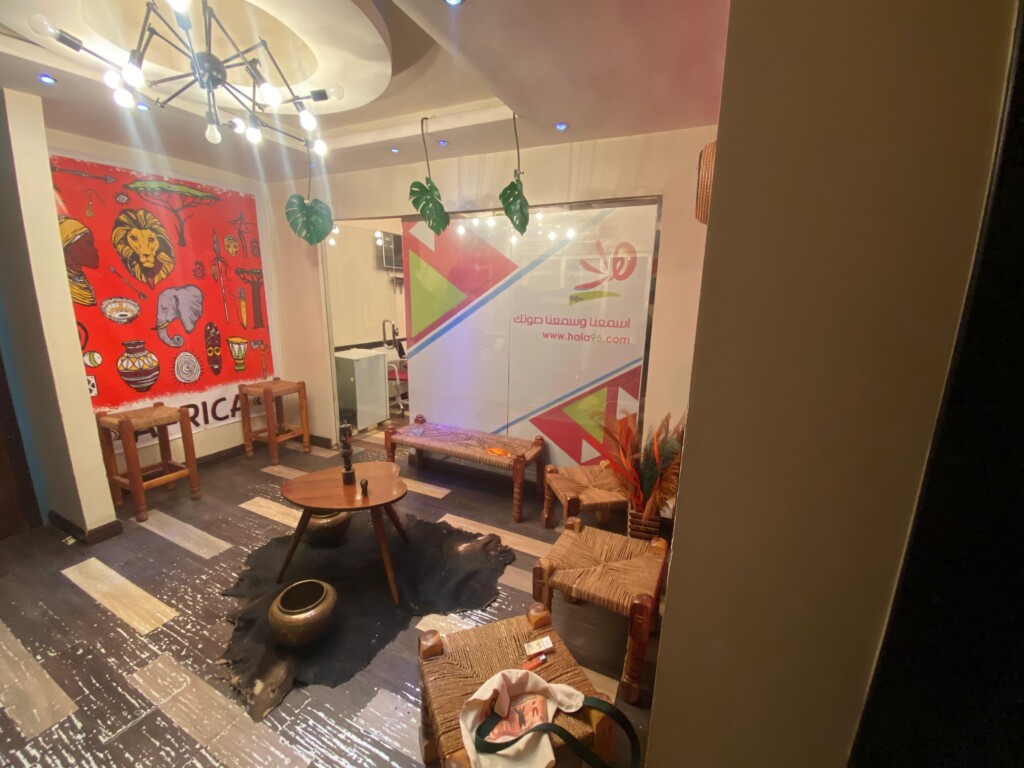
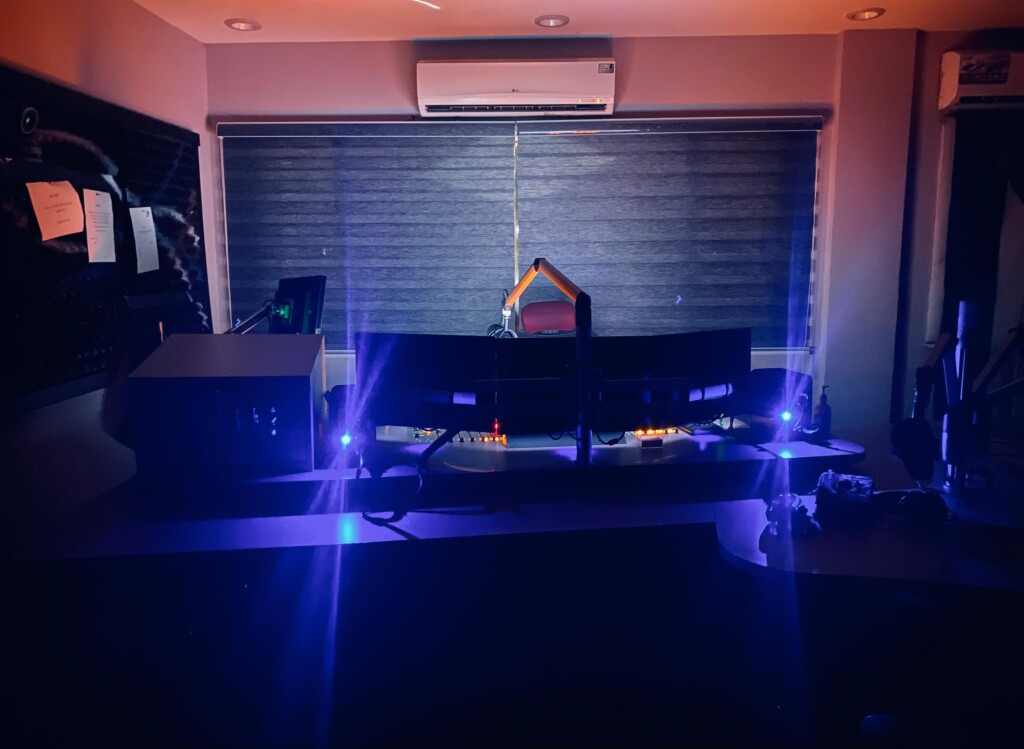
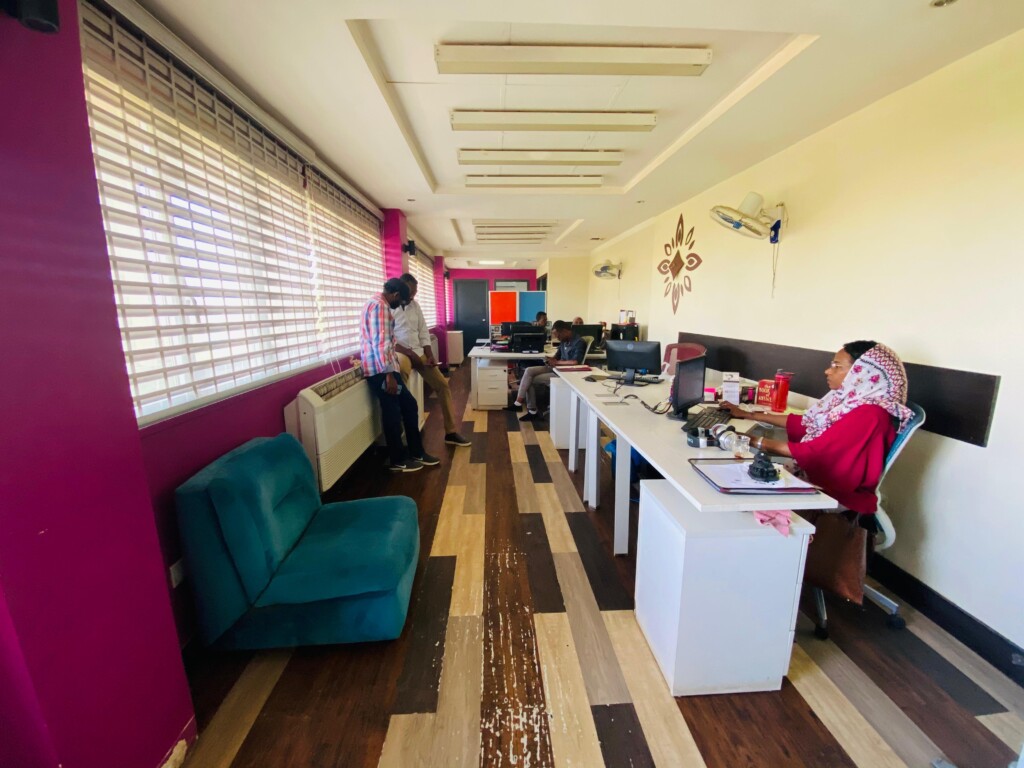
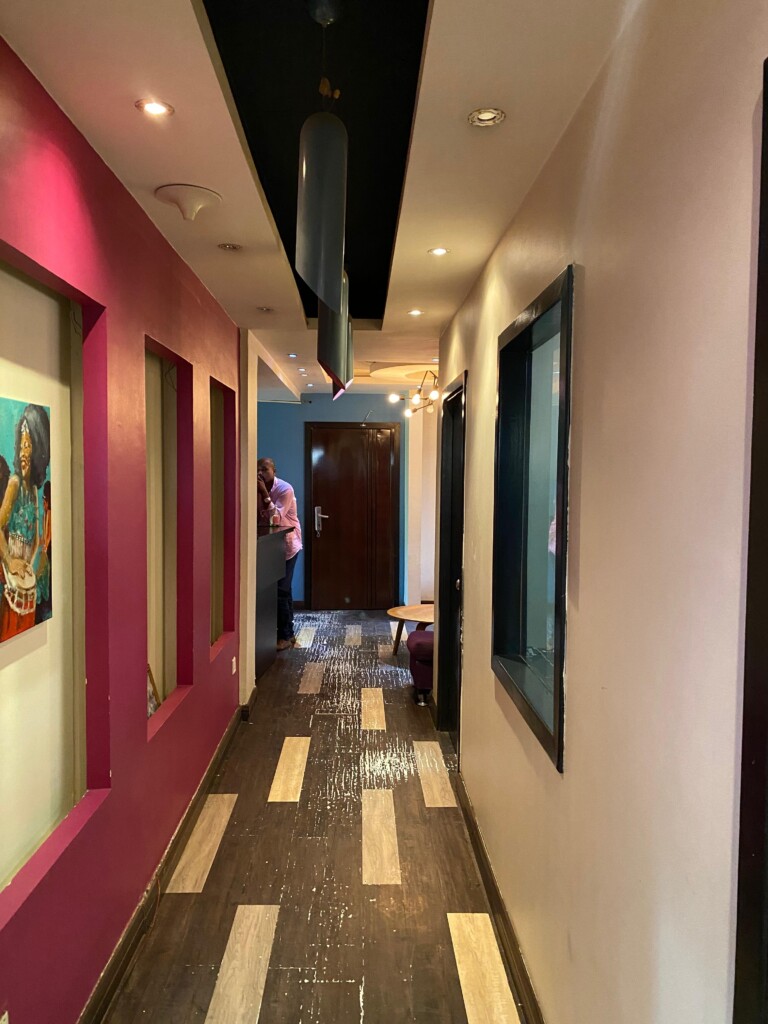
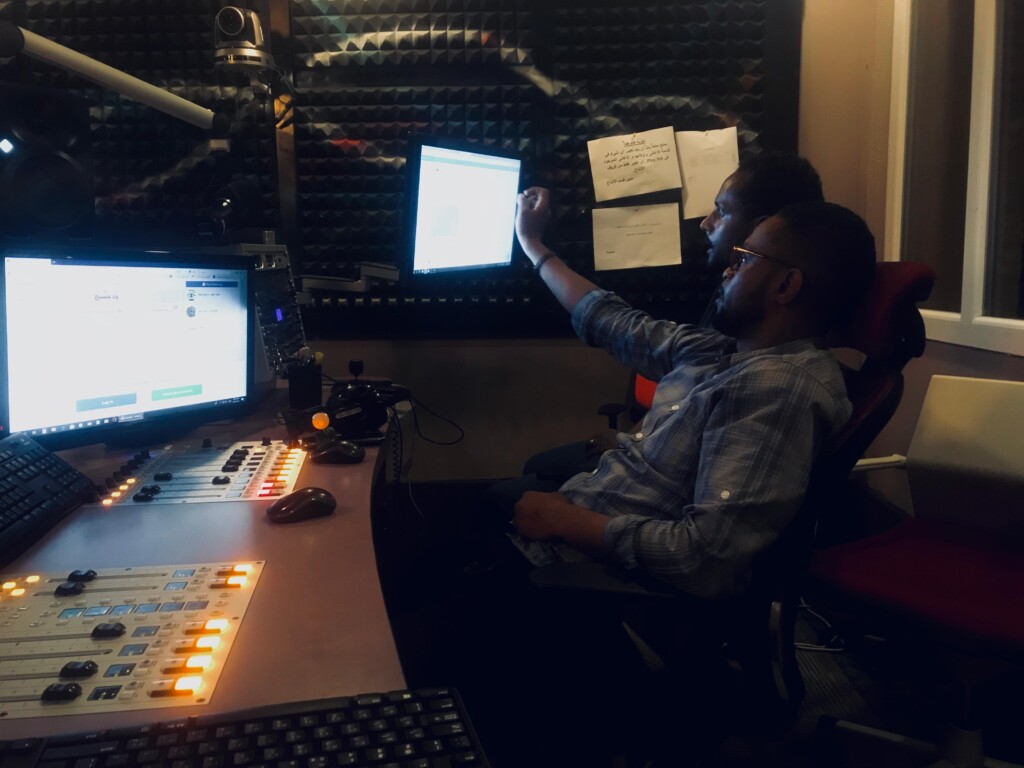
The Article Centre for Training and Media Production
The devastation did not end there. The Article Centre for Training and Media Production, one of Sudan’s most promising media ventures, now lies in ruins.
“I wish I had never seen those images,” Osman Fadlallah, director of the centre, told Radio Dabanga. “Fifty years of my life, twenty-five years of my career… reduced to dust.”
Launched in 2022 after the December revolution, the Article Centre was more than a building. It was a mission. Equipped with two modern television studios, five sound suites, eight professional cameras including Canon 5Ds, a conference hall, training rooms and advanced editing systems, it aimed to be a national centre for excellence in journalism and production.
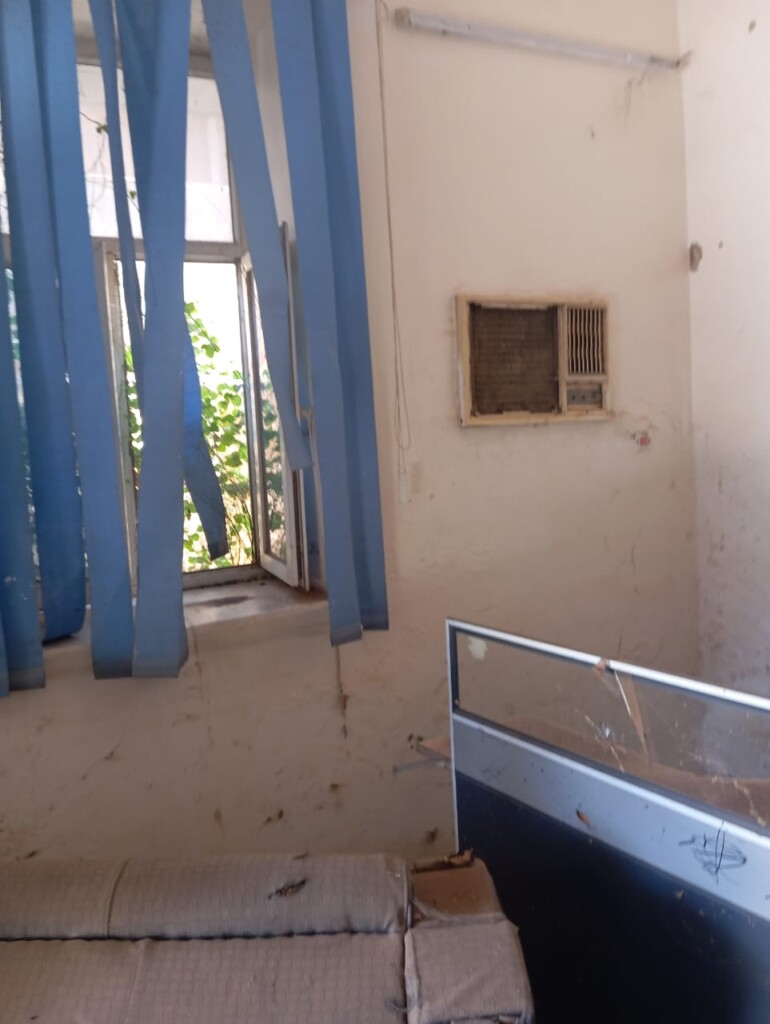
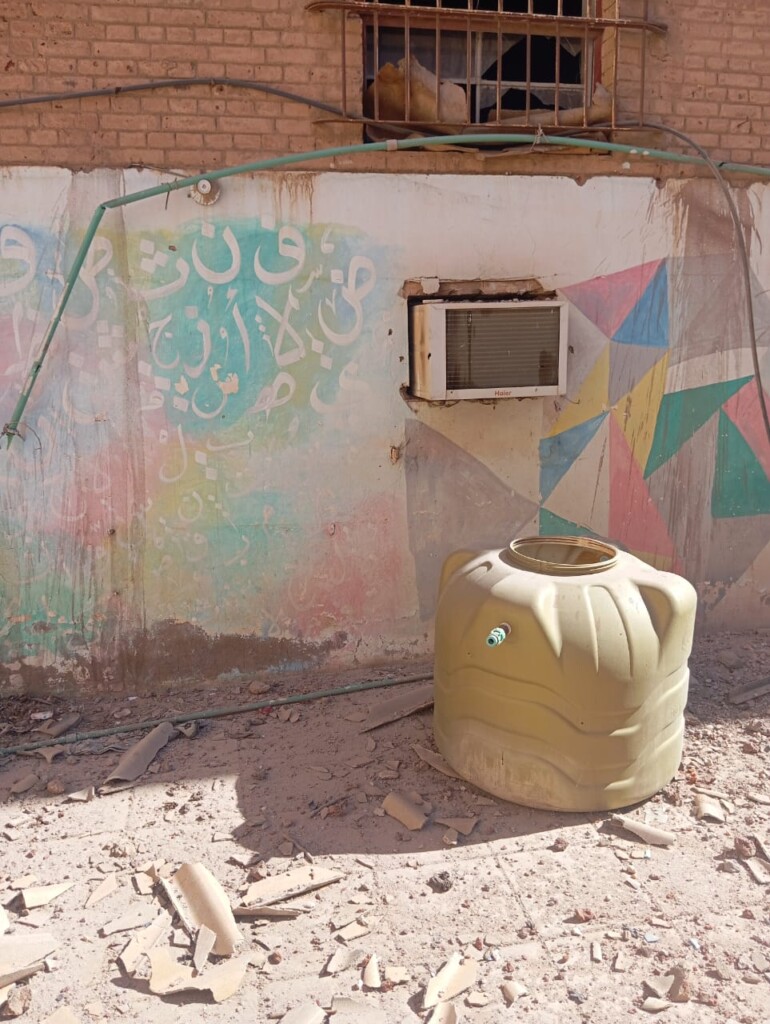
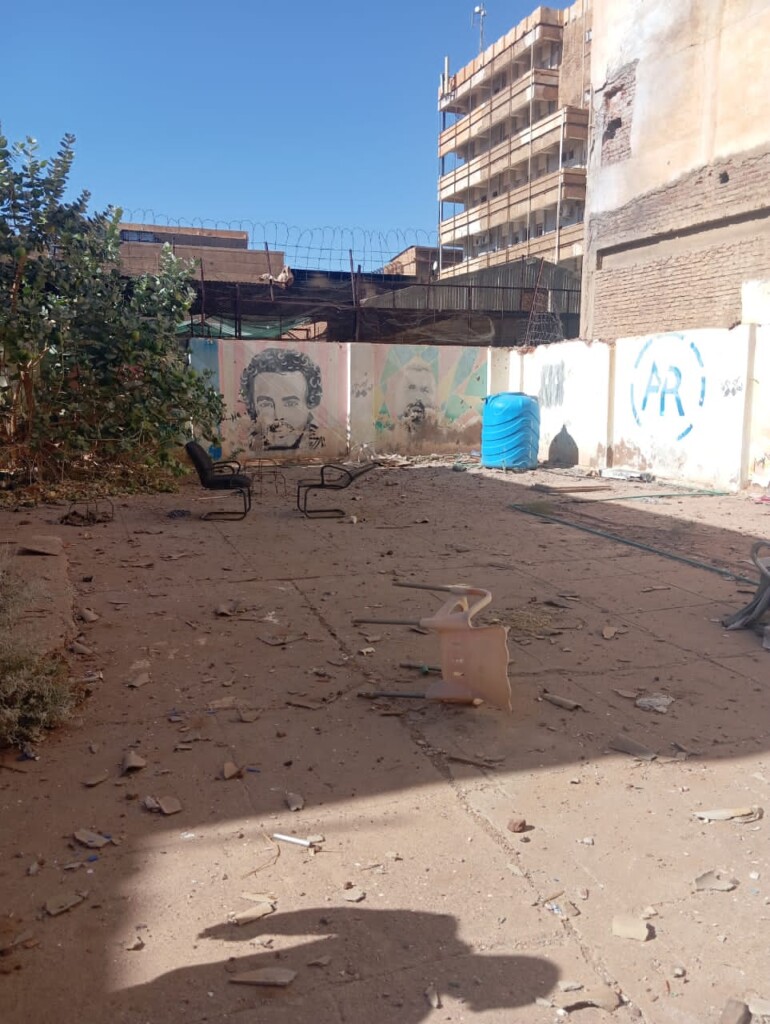
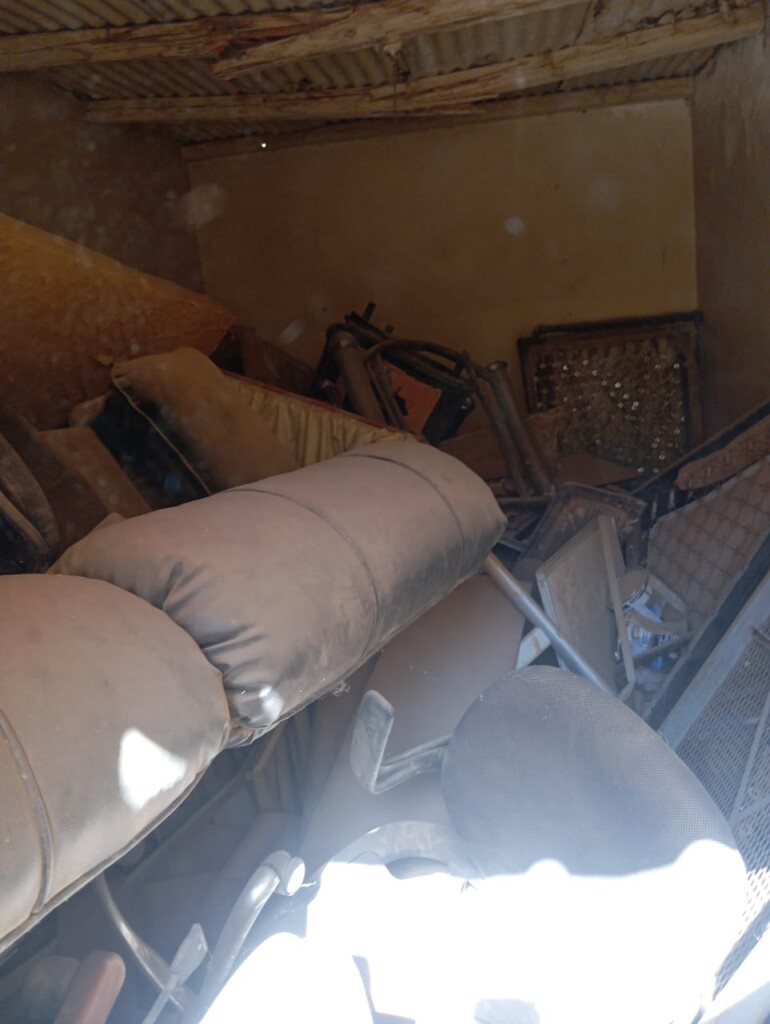
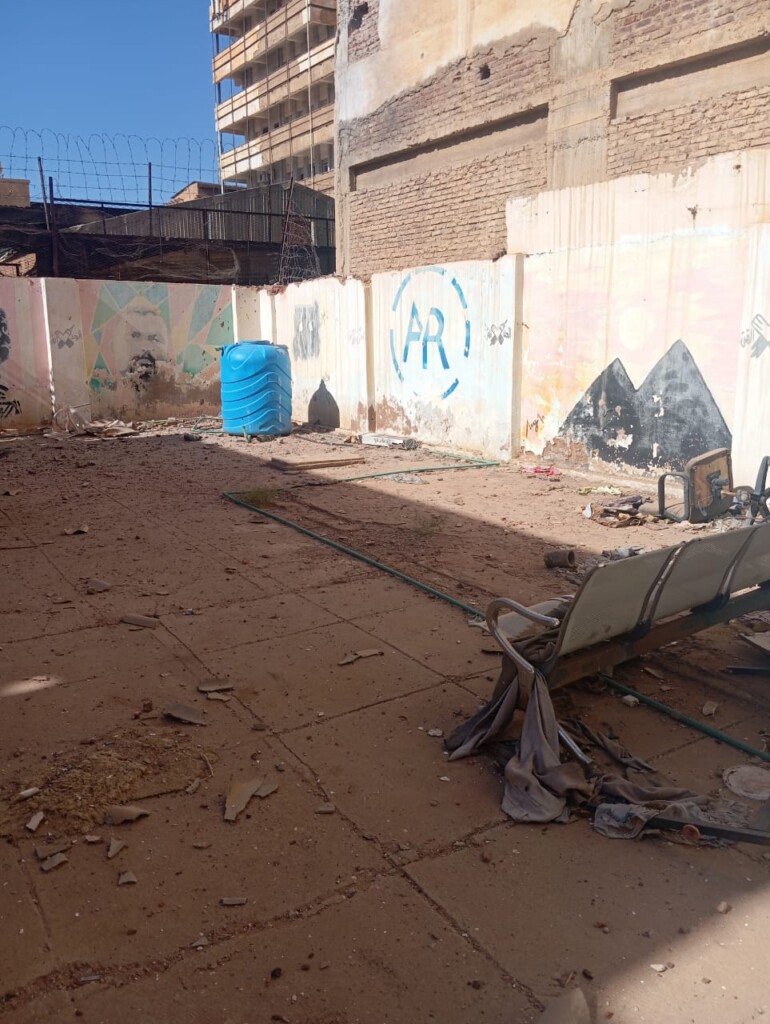
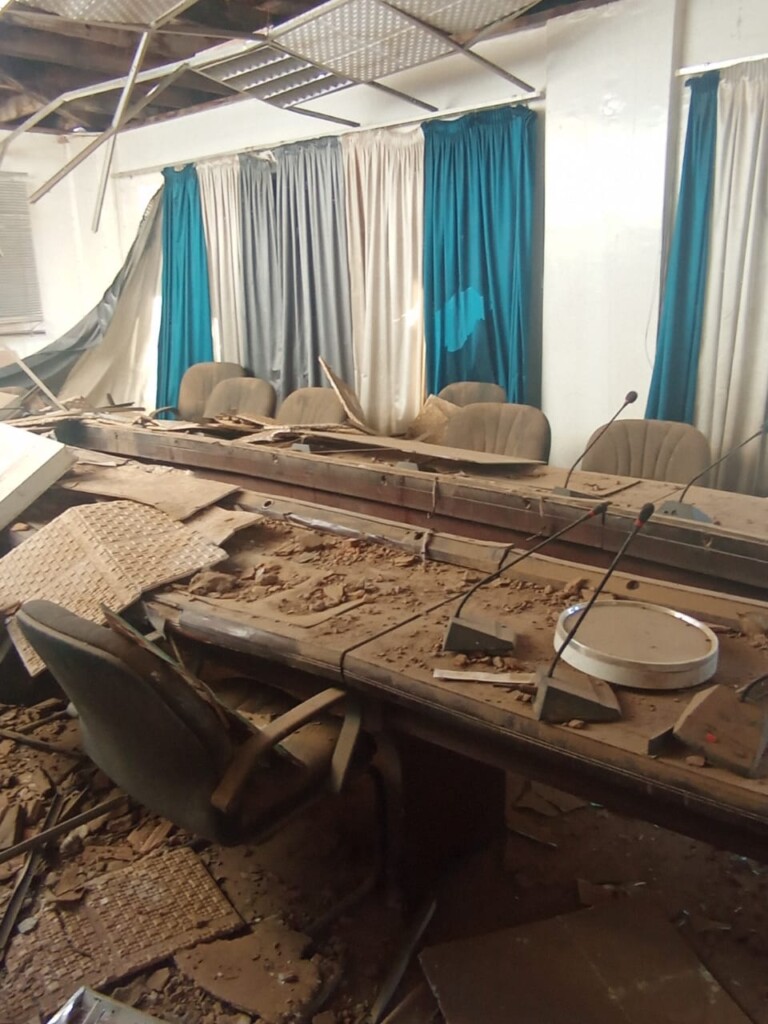
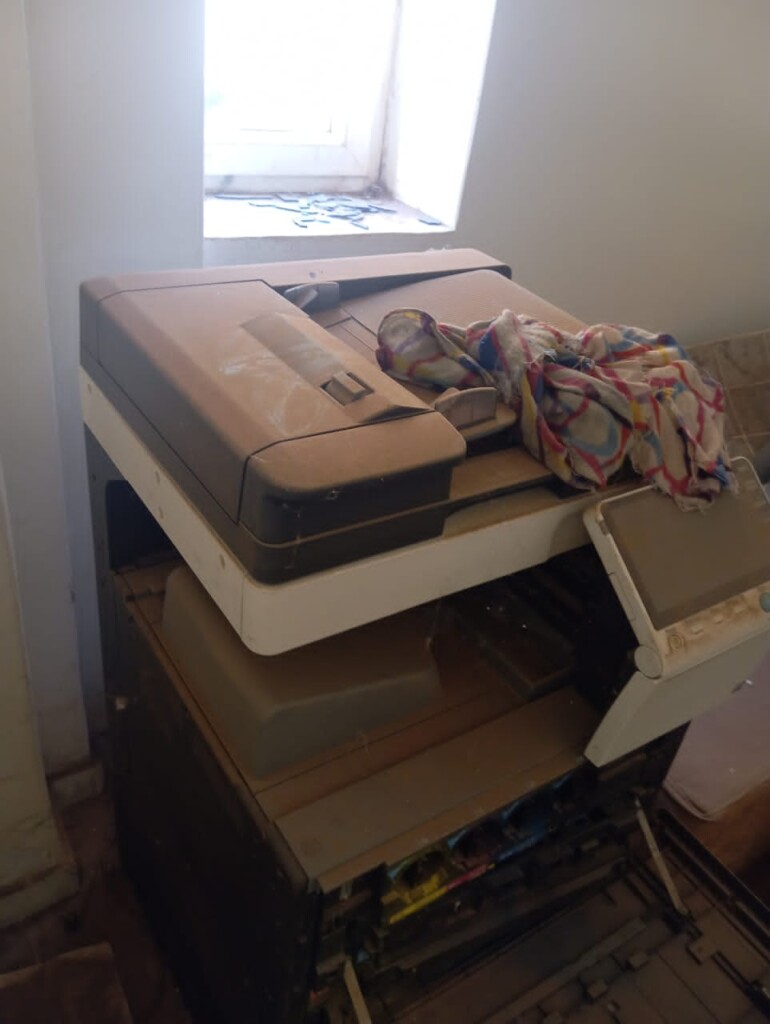
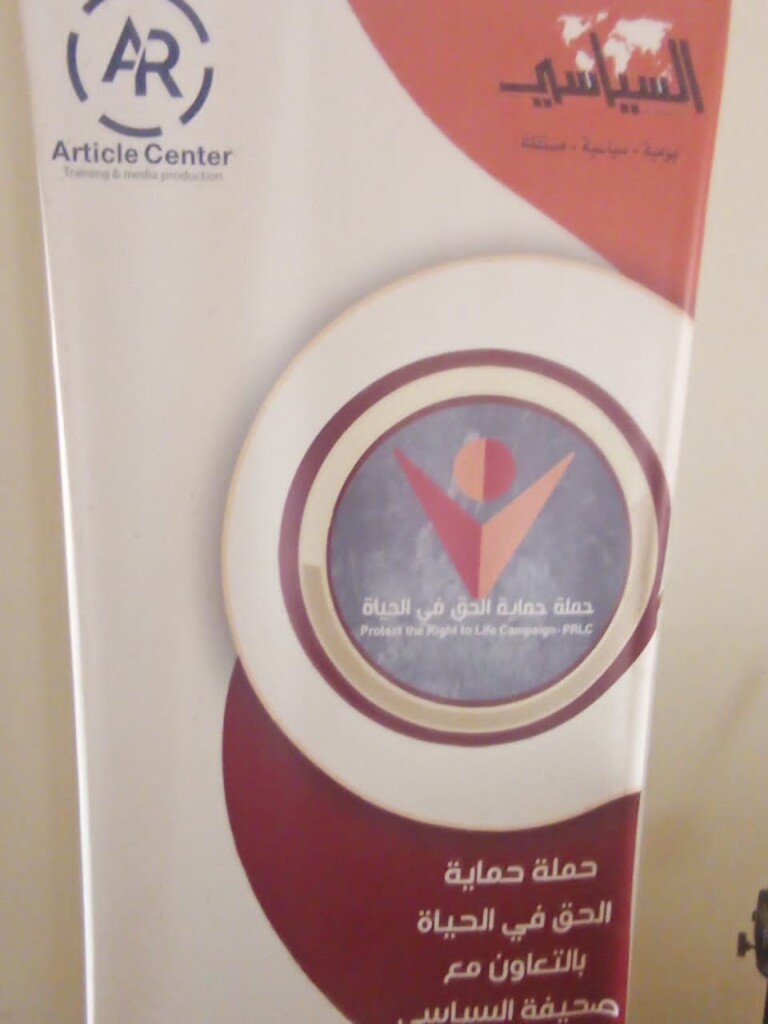
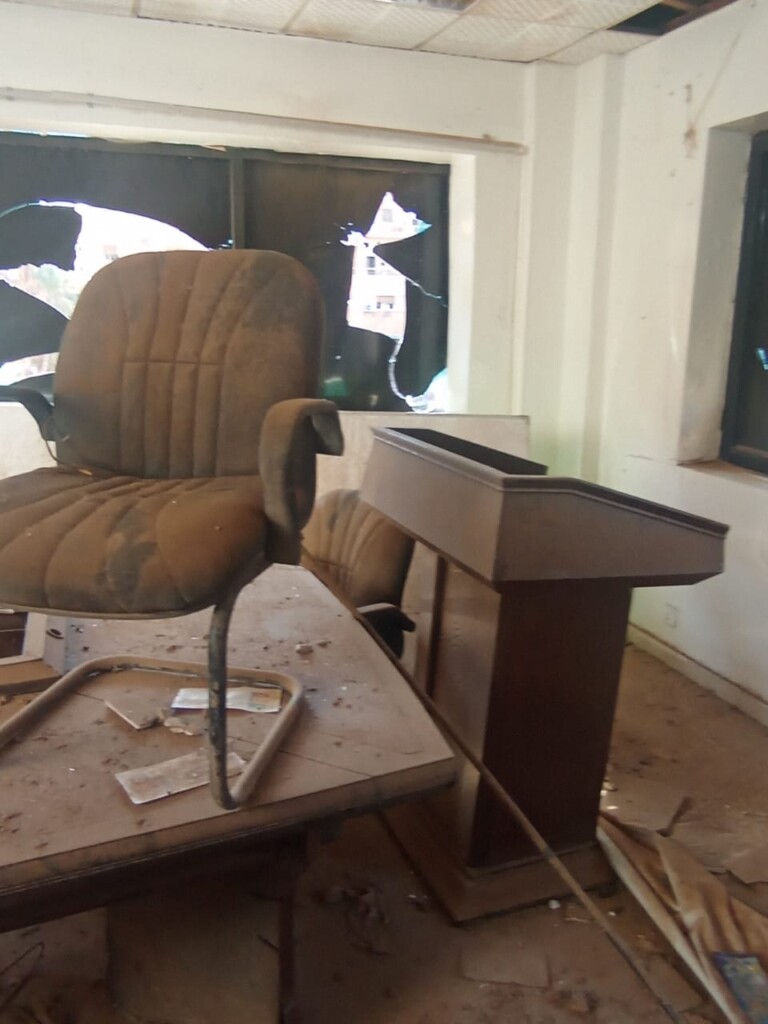
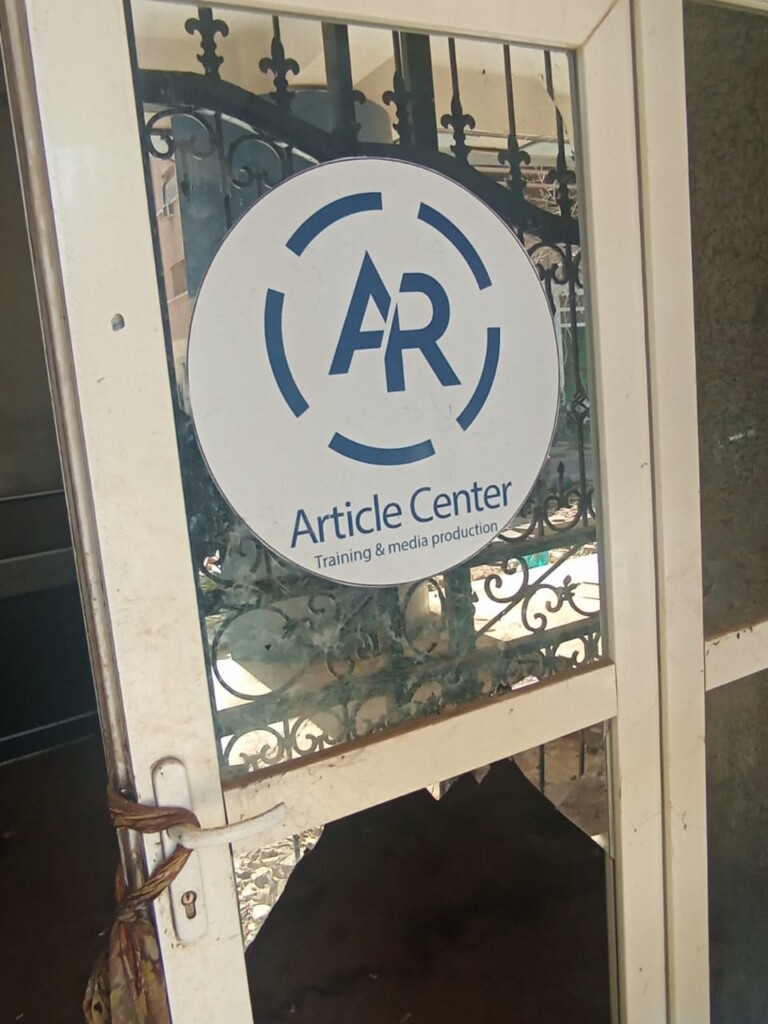
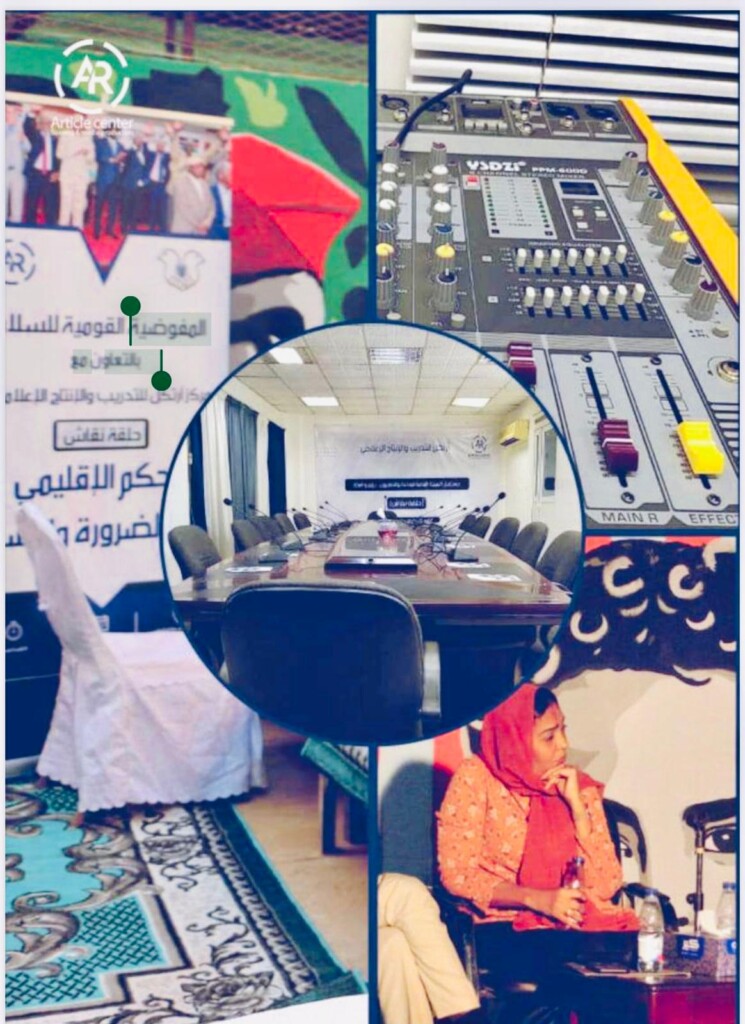
“We trained young journalists in peace reporting, fighting hate speech and strengthening the social fabric,” Fadlallah said. “We documented the revolution, created dialogue, and built a future. Now it is all gone.”
Looters stripped the centre of everything from high-end computers to furniture and even the management car. “We had hoped to build an academy, a place to shape a new generation of Sudanese media professionals,” Fadlallah said. “But today that dream is buried under the rubble.”
Despite the devastation, Fadlallah refuses to surrender.
“This destruction is not our shame,” he said. “Rebuilding will be a mountain to climb, but we will try. We must.”
Abu Shamla echoed the sentiment. “The voice of Sudan cannot be silenced forever.”








 and then
and then